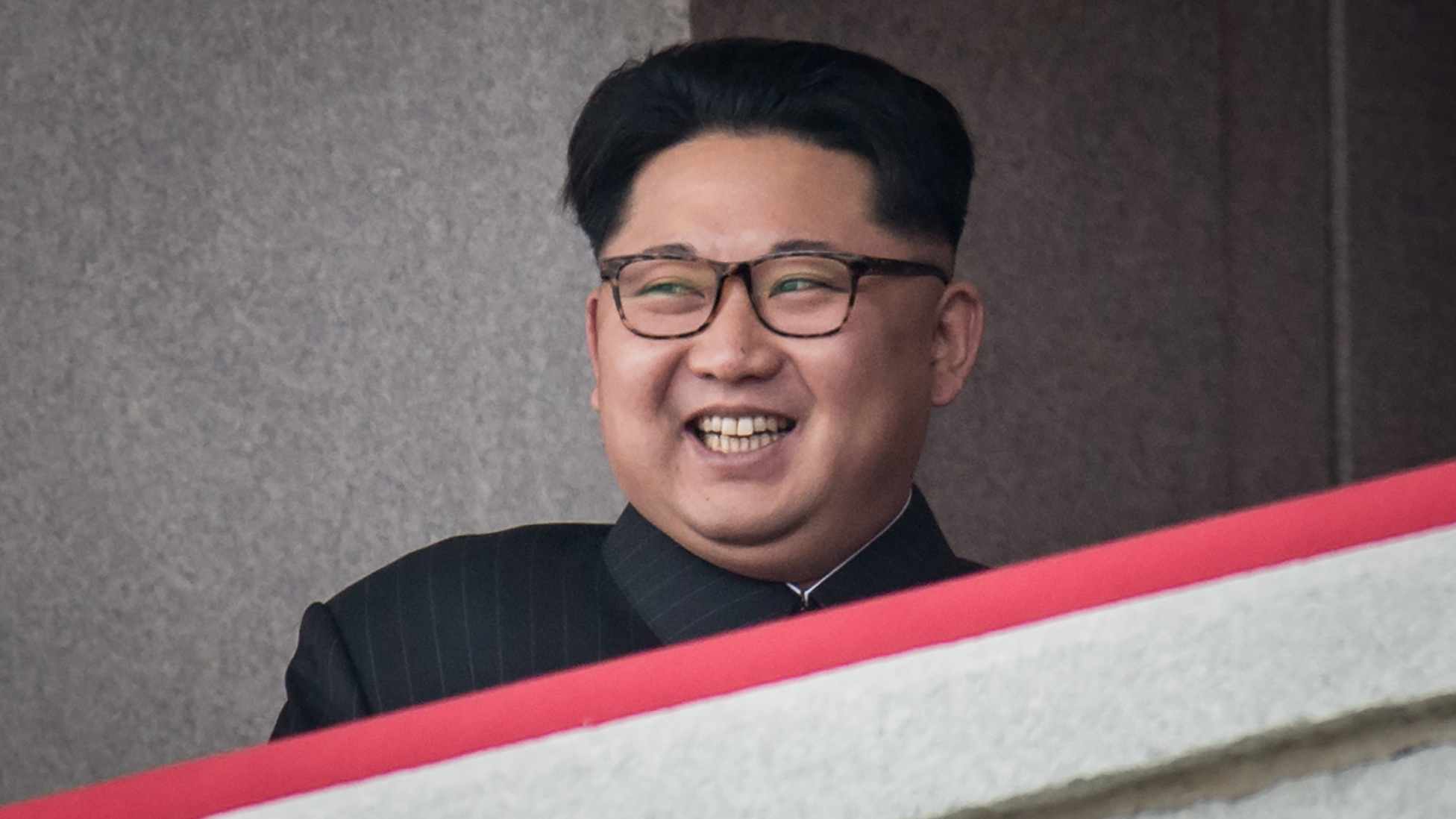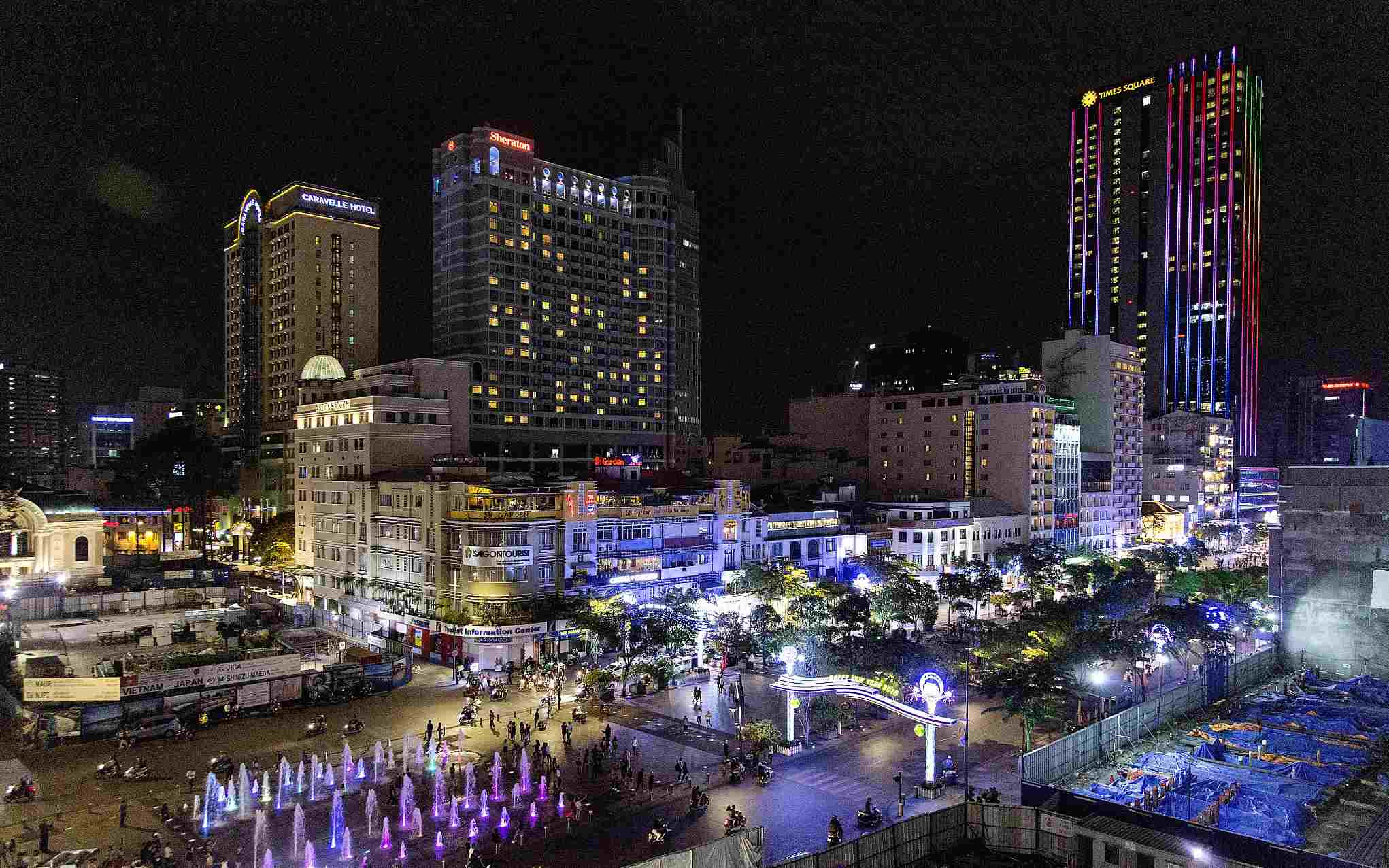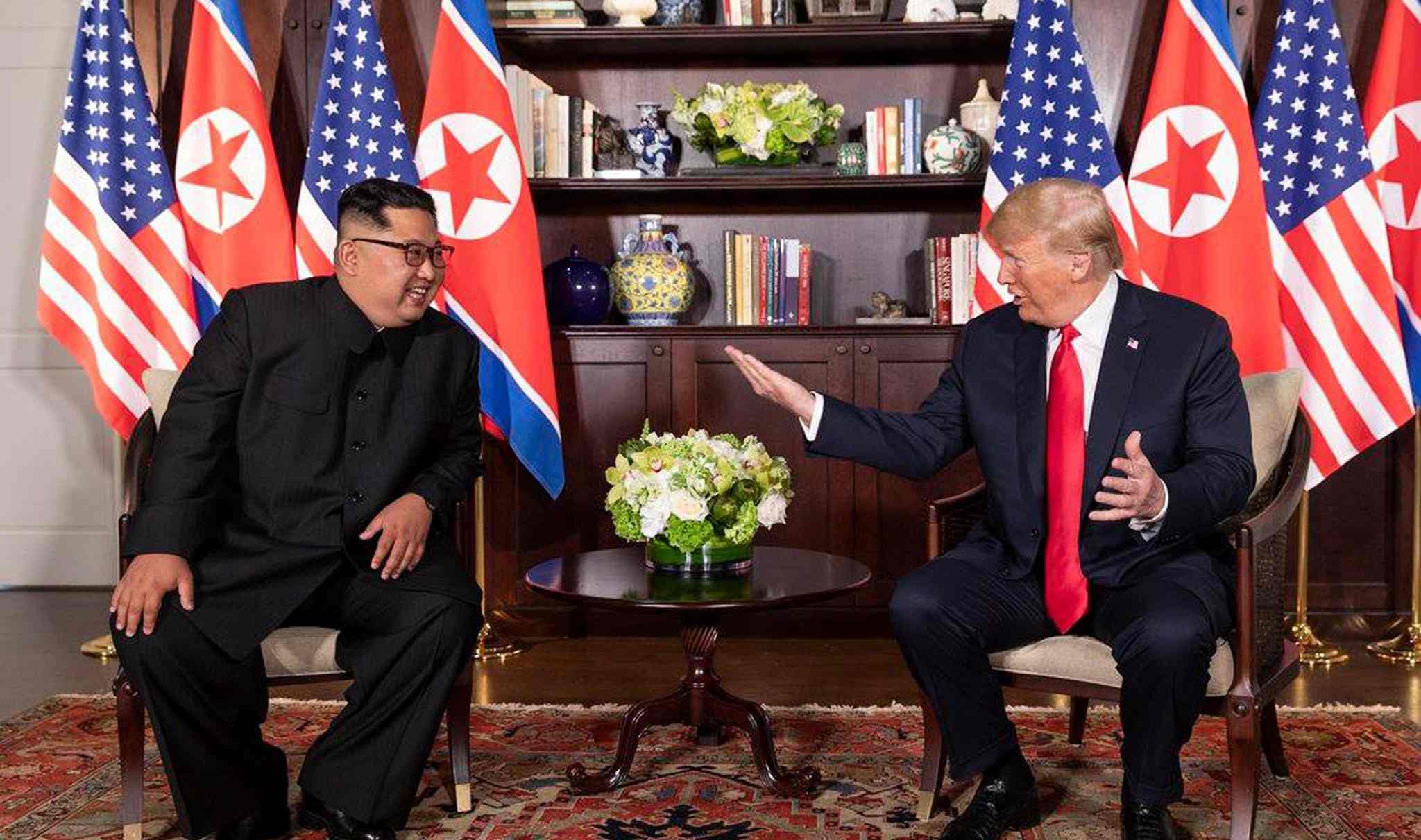
Politics
08:08, 27-Nov-2018
Is DPRK's gain from Vietnam in la la land or reality?
Updated
07:48, 30-Nov-2018
By Wang Mengjie

Foreign Minister of the Democratic People's Republic of Korea (DPRK) Ri Yong Ho is reported to visit Vietnam this month to learn about its model of economic reform. While under the U.S.' "evil" sanctions push, the DPRK has plenty of obstacles to follow the footstep of Vietnam.
Why does DPRK want a 'Vietnam-like' economic model?
They are both small countries by attracting foreign investments to achieve economic goals.
Since the "Doi Moi," or "opening doors" reforms, was mounted by the government, Vietnam is now a booming economic and political power, with Asia's third-highest gross domestic product growth rate, Financial Times reported.

Commercial buildings in Ho Chi Minh City, Vietnam, January 10, 2018. /VCG Photo
Commercial buildings in Ho Chi Minh City, Vietnam, January 10, 2018. /VCG Photo
These achievements can be attributed to the efforts in transforming the economic growth model, applying the accomplishments of industry 4.0 and promoting innovation in the digital era.
This may sound like a good model for DPRK leader Kim Jong Un, who's economic initiatives are much more reformative than his predecessor.
Pushed ahead with his economic plans to achieve a self-sustaining economy, Kim introduced a socialist-centered company management system and designated 21 areas as specially targeted districts for economic development, to encourage state companies to run independent management strategies to maximize profits, according to Yang Mun-su, professor of the Seoul-based University of DPRK Studies.
The DPRK would favor Vietnam's economic reform, driven by the country's communist party. It's the right model for the DPRK, which wants to secure both its leadership and achieve economic growth, said Yang.
Could DPRK be the next Vietnam?
Don't count on it.
Although Kim's economic initiatives look very similar to earlier stages of Vietnamese economic reform and opening up, DPRK's economic path is more fraught.

U.S. President Donald Trump meets with DPRK leader Kim Jong Un at Singapore's Capella Hotel, June 12, 2018. /VCG Photo
U.S. President Donald Trump meets with DPRK leader Kim Jong Un at Singapore's Capella Hotel, June 12, 2018. /VCG Photo
First, Vietnam's economy is well beyond the size of the DPRK which needs much faster economic development.
Vietnam enjoyed average annual GDP growth of seven percent compared with just four percent in the preceding decade, while DPRK's economy has grown by an average of less than one percent a year over the past decade, according to estimates by the Republic of Korea (ROK)'s central bank.
Second, Vietnam never posed a nuclear threat, and the current multilateral sanctions regime bans a wide range of trade with the DPRK.
Reform and opening up could be highly damaging to political stability, said Managing Editor of NK News Oliver Hotham, adding that International investors will be extremely skeptical of Pyongyang, while the country's solipsistic attitude to the world will make it very difficult to create trust and mutually beneficial investment schemes.
Given that Washington has been adamant about the sanctions on Pyongyang, they would be first on the list of recipients to focus on denuclearization should DPRK's economy become more normalized.

SITEMAP
Copyright © 2018 CGTN. Beijing ICP prepared NO.16065310-3
Copyright © 2018 CGTN. Beijing ICP prepared NO.16065310-3